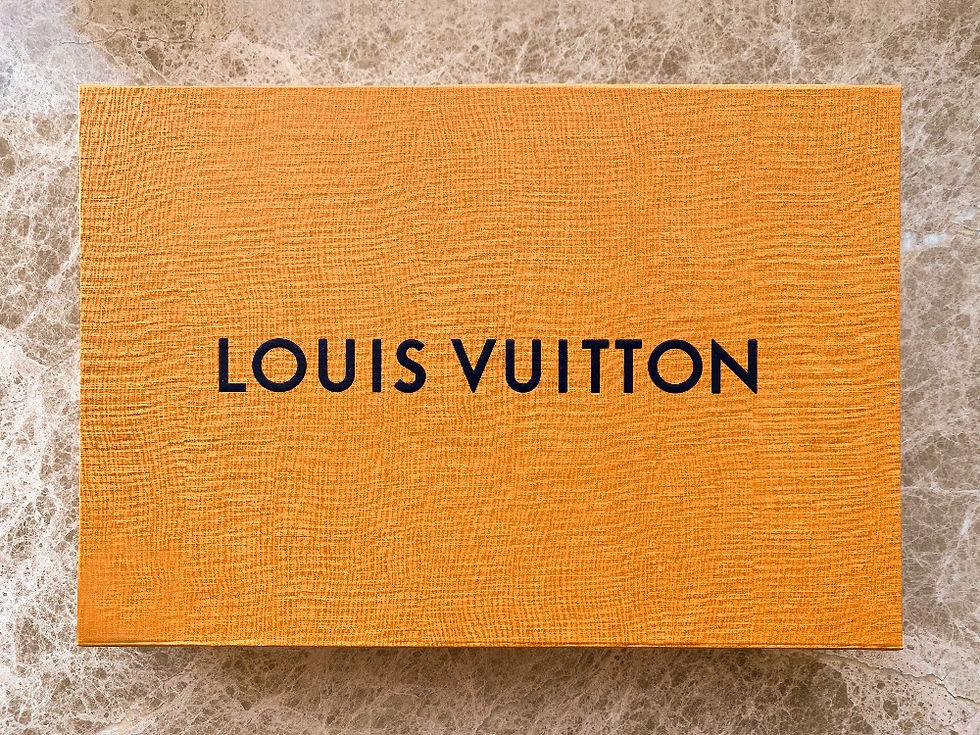How we are doing our bit for Sustainable Fashion
- Dec 16, 2020
- 3 min read
Updated: Jan 28, 2021
The focus on Sustainability in the fashion industry is growing and efforts to make improvements span manufacture, consumption and how clothing is discarded or recycled at end of life.

Many factors affect green credentials in the apparel industry - transportation, use of energy and packaging all have a part to play. Mellow Colour are actively working with the apparel sector, to reduce the environmental impact of producing packaging and labelling.

With the majority of manufacturing taking place in Asia and the Far East, apparel supply chains require a lot of international travel, transport and communication - which all negatively impact upon the environment.
Packaging and labelling is commonly produced close to manufacturing centres and so local networks of printers and converters need to be managed to ensure that print meets the required quality standards.

Mellow Colour are accomplished in working with apparel packaging and labelling printers to improve print quality management and reduce the manufacturing carbon footprint.
This print quality management typically involves travelling for press passes, couriering of proofs and sending print approval sheets to a central quality assurance office. All this activity adds to the CO2 footprint of a fashion company and Mellow Colour have developed innovative new solutions to actively reduce this impact.
Solutions
One solution is ImpressionProof - the Mellow Colour online remote print approval system. Impressionproof means that clients are no longer required to attend print production sites for press passes.
Through the MellowCloud print collaboration portal, clients are supplied with a view of their printed jobs, including scores and a visual comparison against their clients’ standards.
Working in this digital way means that physical proofs are no longer a requirement, and they don’t need to send printed approval sheets – this has drastically reduced courier costs and subsequently reduces the supply chain CO2 footprint.
Considering that a more efficient printer produces less waste, reduces their ink and chemistry usage, and consumes less power and the environmental benefits of using Mellow Colour are hard to deny.
Mellow Colour offer solutions that span both software and training, allowing printers around the world to deliver consistently high print quality, reducing waste and offering improved sustainability.

Our work over many years with the apparel industry has helped us to generate a network of certified printers across Asia and the Far East. Participating in our Print Quality Management program has helped these printers to develop into highly competent and very efficient suppliers to the fashion industry.
As part of their quality journey, these printers have all attained ImpressionProof Certification, and this is a particularly important development in helping to reduce environmental impact for their clients.
Tag and label supplier ITL are just one of the global manufacturers who have worked with Mellow Colour over many years.
Simon Phelps, European Sales & Marketing Director at ITL says, ”ITL has realised many benefits from implementing a print quality program with Mellow Colour. Increased speed to market and the fact that we can guarantee consistent colour accuracy across our global sites is especially important for our clients.”

“ITL has very well-defined environmental policies and reducing our carbon footprint is also a very important objective for the company. Using ImpressionProof and the MellowCloud system has contributed towards achieving our green objectives.”
ITL’s environmental policy is very impressive and we at Mellow Colour are only pleased to help with their targeted strategy. ITL are one of many printers servicing the apparel industry who utilise these innovative Mellow Colour tools.
This network of efficient, high quality, low waste, environmentally conscious printers are the unsung heroes in fashion’s attempt to reduce its carbon footprint.
Further reading on Sustainable Fashion initiatives:
I found matlab assignment help useful while practicing MATLAB problems, especially for understanding logic errors and improving my coding approach.
شيخ روحاني
رقم شيخ روحاني
شيخ روحاني لجلب الحبيب
الشيخ الروحاني
الشيخ الروحاني
شيخ روحاني سعودي
رقم شيخ روحاني
شيخ روحاني مضمون
Berlinintim
Berlin Intim
جلب الحبيب
سكس العرب
https://www.eljnoub.com/
https://hurenberlin.com/
جلب الحبيب بالشمعة
Celebrate Beth’s iconic Yellowstone presence with stylish Beth Dutton Costumes. Whether for cosplay, themed parties, or fans wanting to embody her bold character, these costumes bring her fearless spirit to life. Each piece is crafted with attention to detail, offering the perfect mix of sophistication and Western authenticity.